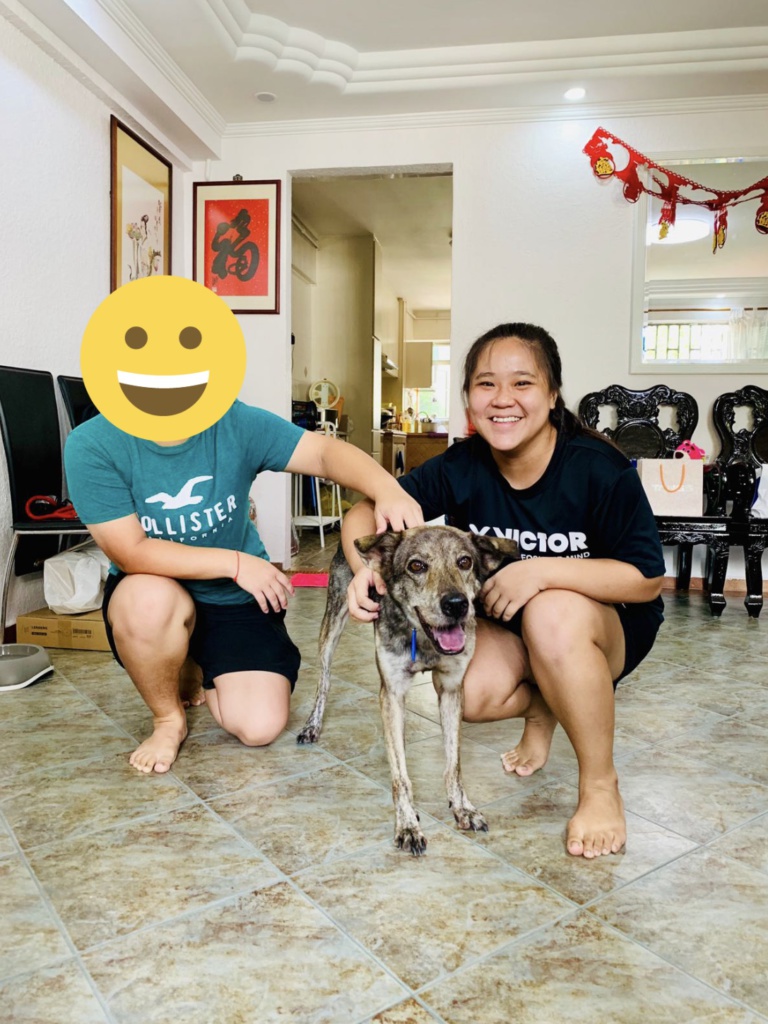Congratulations, new pet owner! Bringing home a new puppy is an exciting time in anyone’s life, but it’s also a great responsibility and one that shouldn’t be taken lightly.
The best way to set your puppy up for a long, happy, and healthy life is to educate yourself on common puppy health concerns and be attentive to all potential scares.

We’ve compiled this rundown of what you’ll need to do to keep your furry family member safe during their first few months at home.
Find a Veterinarian
If you don’t already have a regular vet, you should pick one before bringing your new puppy home. Getting your pup to the vet for a general health assessment and to start the rest of the items on this list will be your first priority as a pet owner.
To find a new vet, start by asking other dog owners where they go. You might also reach out on social media or read reviews for local veterinary offices to get input.
Here are some factors to consider when choosing a new vet:
● Do their office hours fit your schedule?
● Are they located close enough to be convenient?
● Have they earned positive reviews from trusted sources?
Establishing a solid relationship with a vet will make it so much easier to keep your dog healthy and happy.
Vaccinations
Newborn puppies aren’t born with immunity. Vaccinations are necessary for preventing severe and even fatal illnesses such as rabies, bordetella, distemper, or parvovirus.
Your dog’s vaccines will be given in a series and you must keep up with them (annually, in many cases) in order for them to remain effective. Some vaccines are required for all dogs, while others are simply recommended based on your lifestyle. Talk with your vet to determine the best vaccine schedule for your needs.
Worm and Parasite Prevention
Did you know many puppies are born with intestinal parasites that have been passed on from their mother before birth? This is why deworming treatments are so important in the early weeks of your puppy’s life.
Those treatments aren’t enough to protect your dog throughout the rest of their life, though. It’s critical that you use heartworm and parasite prevention medication throughout your dog’s entire life, even if they spend most of their time indoors.
Spaying and Neutering
Having your dog “fixed” can prevent health and behavioural issues later on in life. It’s also an easy solution to decreasing overpopulation in dogs and cats.
As far as when to spay or neuter your dog, your vet will be able to recommend a timeline. These recommendations vary depending on your dog’s gender, breed, and lifestyle. Technically, you can spay or neuter puppies as young as eight weeks old if they are healthy. But some vets prefer to wait until dogs are closer to six months in age.
Microchip Your Puppy
You don’t like to think of an instance where your puppy might get away from you, but the sad truth is that animals become separated from their owners every day. The best way to increase your chances of reuniting with a lost dog is to have them microchipped.
This is where the vet implants a small chip beneath your dog’s skin in a simple, non-surgical procedure. You will then have to register your contact information with an online database that’s connected with that chip.
If your dog is ever lost and then found by someone else, any vet’s office can scan for the chip. They’ll then use that database information to bring your dog back home.
Other Best Practices for Puppy Health
In addition to checking off all the boxes above, there are other steps you can take to ensure your puppy stays as healthy as possible. Here are some things to keep in mind when adding a puppy into the mix.
Lead an Active and Healthy Lifestyle
Just like with humans, leading an active lifestyle starts with a balanced diet and exercise. There are tons of choices when it comes to dog food, but not all brands are created equal. Your vet will help you find a quality dog food that delivers the correct amount of energy and nutrients.
You’ll also want to talk with your vet to determine a proper feeding schedule based on your dog’s breed, age, and lifestyle. You never want to starve or overfeed a puppy.
In addition to feeding them the right things, you’ll need to make sure your dog gets an adequate amount of exercise. When they’re young, they need a ton! Puppies have an incredible amount of energy and it’s up to you to help them get that energy out in a productive way. It’s much better for them to take multiple walks a day than to get cooped up and start tearing up everything in sight when they’re home.
Regular Grooming
Grooming your dog doesn’t just make them look pretty and smell good. It’s also a big part of keeping them healthy, especially with long-haired breeds.
Brushing their teeth promotes good gum and teeth health. Trimming their nails prevents them from being split. And regular brushing of their coat prevents matting and skin issues.
Proper grooming also helps you spot noticeable changes in your dog’s skin or fur that could be indicative of a larger issue. For example, brushing your pup every day can help to prevent flea infestations because you’re able to spot the problem early on and begin treatment ASAP.

Puppy-Proof Your Surroundings
Half of keeping your puppy safe happens at the vet’s office. The other half happens once you get home. Your home is where your dog will spend most of their time, so of course you should put plenty of effort into making sure it’s safe.
Keep in mind that puppies are known for getting into things they shouldn’t! This is why it’s important to completely puppy-proof your home, both inside and out, before bringing your dog home.
You can minimize risk by securing all electrical cords and unstable furniture. Lock up any cleaning chemicals and medication. And educate yourself on which food items and household plants are hazardous to dogs.
Another part of puppy-proofing is making sure your dog has a safe place to stay when they’re home alone. If you don’t have room to keep an adequately-sized crate, find a safe area in the home that can be blocked off with a door or baby gate.
Proper Training and Socialization
Training your puppy requires a good deal of time and effort, but it’s worth it when it comes to raising a well-behaved and well-adjusted puppy.
Proper training ensures that your dog will respond positively to you in a time of need. For example, if they’re running toward traffic or jumping on a stranger, you want to trust that your dog will listen when you call them back.
Teaching your dog desired tricks and behaviours also provides some much-needed mental stimulation. This, combined with daily exercise, means your pup will be both mentally and physically tired at the end of the day, making them more likely to sleep through the night.
It’s also important to socialize your dog by allowing them to spend time with other animals. As long as all of the dogs involved have been vaccinated and proper precautions are taken, giving your puppy time to adjust to being around other dogs is a vital part of puppy development.
Dogs that are well-socialized are better behaved and more relaxed in unfamiliar situations. This means you won’t have to worry about them panicking or acting out at the vet or on walks through highly populated areas.
Help Your Dog Lead a Long, Healthy Life
Being a dog owner is not for the faint of heart! It requires a great deal of time, money, energy, and patience. But it’s also one of the most rewarding parts of life.
From the vet’s office to your home and everywhere in between, following these guidelines will ensure that your dog is loved, healthy, and taken care of.
Royalty-free images taken from pixabay.com
Cover image by 8777334 on pixabay.com






